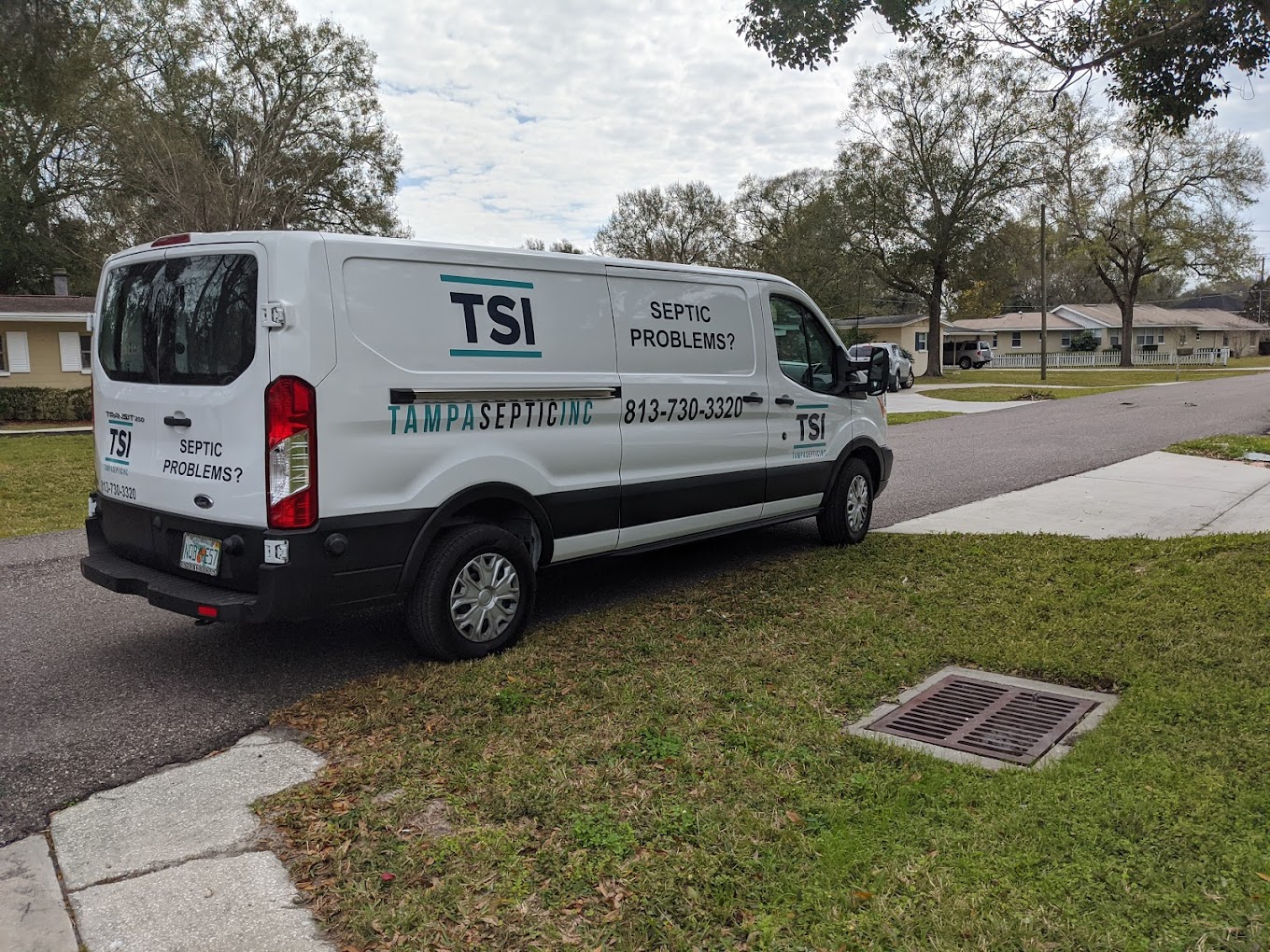 Most of us are familiar with a wide variety of alarms at our homes and businesses: fire alarms, smoke alarms, carbon monoxide alarms, security alarms, and so forth. You may have a plan in place should any of these occur because you understand that a quick response is usually the best course of action. If your septic system involves a pump, it is customary to install a warning system to alert you to a problem. However, many people are confused as to what to do when septic alarms go off. Here are the steps you should take:
Most of us are familiar with a wide variety of alarms at our homes and businesses: fire alarms, smoke alarms, carbon monoxide alarms, security alarms, and so forth. You may have a plan in place should any of these occur because you understand that a quick response is usually the best course of action. If your septic system involves a pump, it is customary to install a warning system to alert you to a problem. However, many people are confused as to what to do when septic alarms go off. Here are the steps you should take:
- Shut off the alarm, which is usually accomplished by pushing a red button or a switch. Your septic services provider can show you where this is so you are ready to react should the alarm sound.
- Look at the color of the light on the box. If it is green, it means you still have power to the pump and all is likely well. Sometimes septic alarms will go off and there doesn’t appear to be a problem. It is a good idea to have it checked out in case it is a sign of component problem that is nearing needing repair.
- If the light is red, it generally means the water level is higher than normal and you’ll need to check for standing water near your septic tank. Unless it is excessive, there is no reason to panic, but you should observe it over the next few hours while curtailing water usage as much as possible. Sometimes it just needs to catch up and the red light will go out once it has.
- If the light is still red after a few hours (10 or more), this is caused to have it checked out. Septic alarms are set to go off 1 to 2 days prior to a backup situation, so you have time before you have to worry about sewage entering your home, provided you reduce your water usage significantly.
If you would like a better understanding of septic alarms or you are having an issue with yours, give us a call at Tampa Septic. We service septic alarms, including control panel and control boxes, as well as a wide variety of septic services for homes and businesses. Call today to make an appointment or to get answers to any questions you might have.




